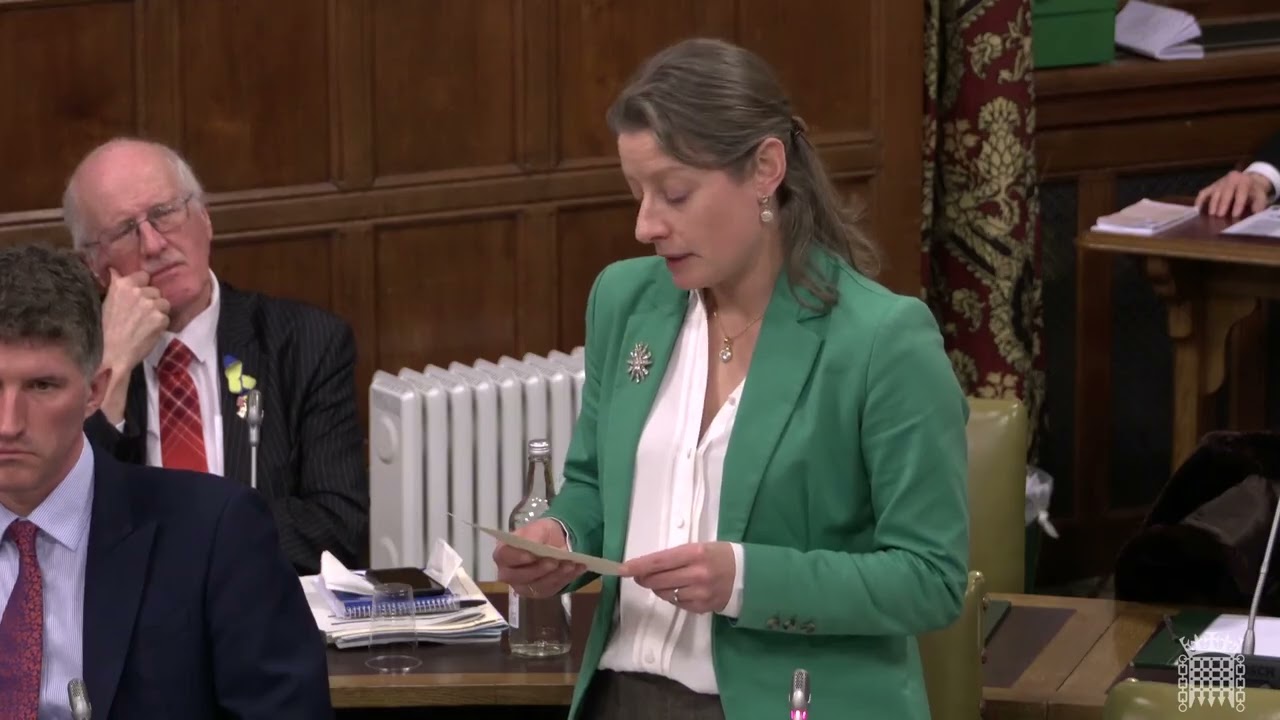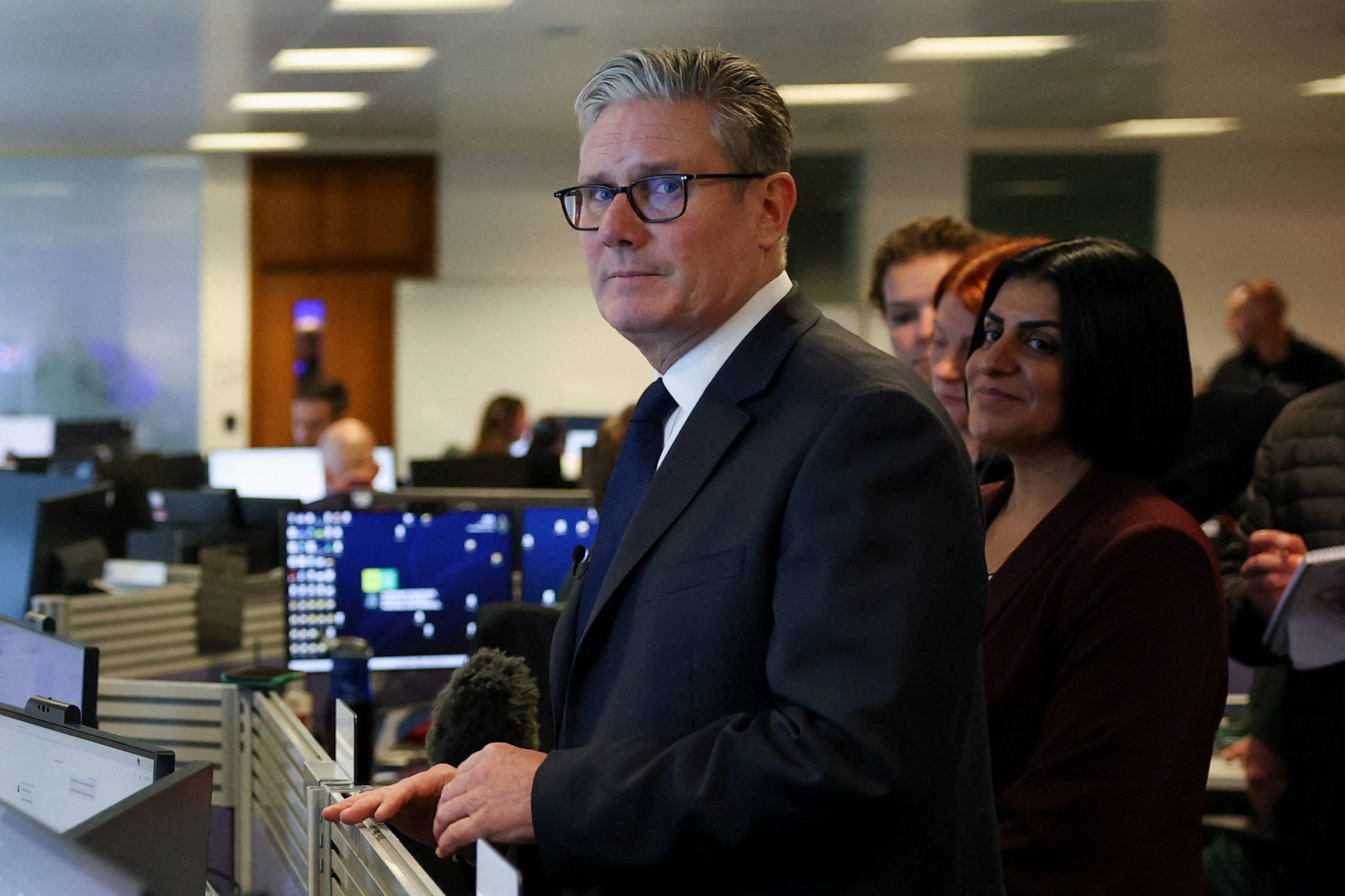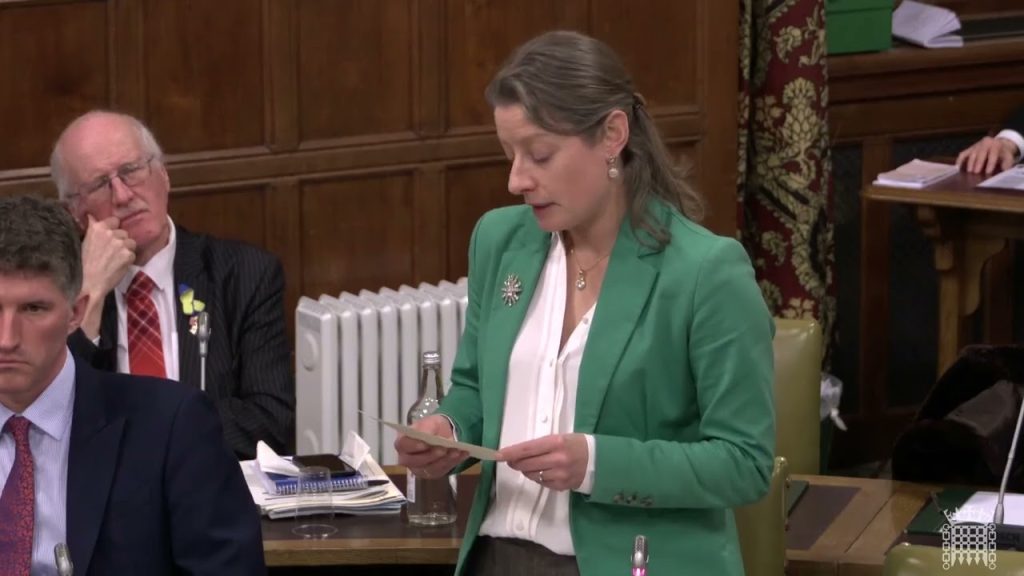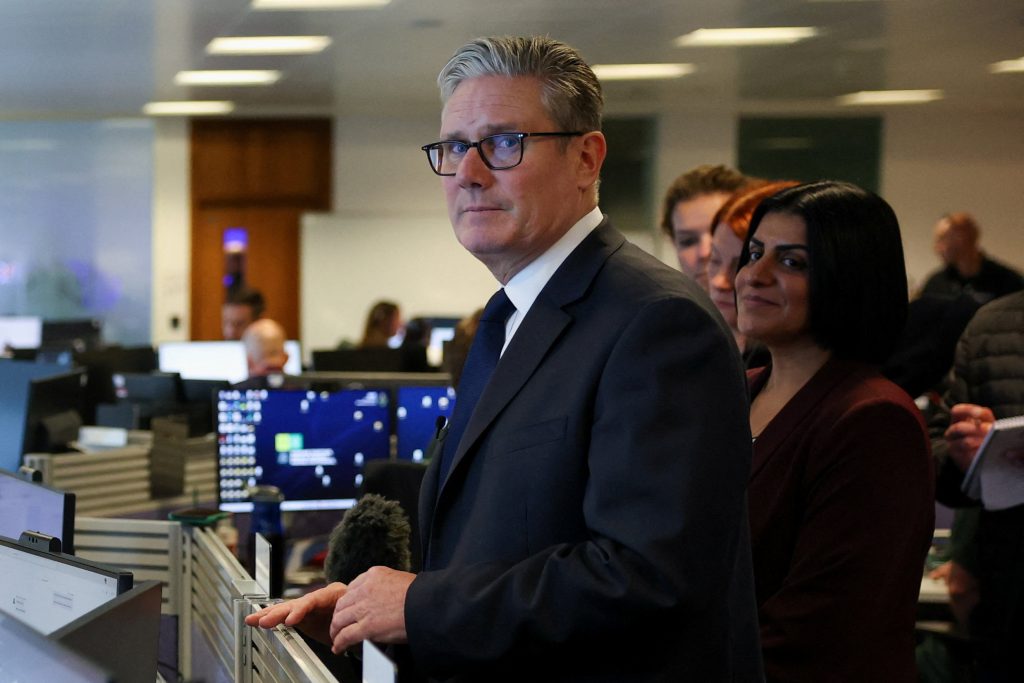The countdown is on for The British Shooting Show – book tickets online today and save on gate price!
Licensing: Medical reports
The increasing role of GPs in gun licensing

We are all accustomed to the section on firearms and shotgun certificate application forms which requires us to declare certain medical conditions and to give the police permission to approach our GPs to obtain factual details of our medical history.
We are required to declare any medical condition or disability, including alcohol and drug-related conditions, together with epilepsy, depression and any other kind of mental or nervous disorder. The specific conditions are simple enough, but what on earth counts as a “medical condition”? Many readers over the age of 50 will suffer from some medical condition — enlarged prostate, high cholesterol, gout, hot flushes and goodness knows what else. Do you declare them or not? Well, probably not because they don’t seem to be relevant — ask a vague question, get a vague answer.
From 1 December, a new form with rather more specific questions comes into play. We will be required to declare any physical or mental health condition that may affect our ability to possess and use a firearm or shotgun safely, including epilepsy, stroke, stress-related illness, depression, alcoholism, heart disease, cancer etc. What is “etc”? Well, ask your GP, says the form.
Strangely, drugs are no longer mentioned.
The consent we have to give on the new form differs only very slightly from that on the old form by allowing the police to contact GPs to obtain factual details of any medical history in respect of the application. It also requires us to consent to the processing of medical data for this purpose by GPs and the police throughout the life of the certificate.
Right to a private life
So far, so good. However, one of the notes says the police will inform the applicant’s GP if a certificate is granted. I can’t find anything in the form that specifically requires us to consent to this information being shared. The much-maligned Human Rights Act gives us the right to a private life, which includes a requirement that information about us cannot be shared without our permission.
You may be happy for your GP to know you have a certificate. However, if, as is the case with my local practice, seven of the eight doctors appear to disapprove of the private ownership of firearms, you may be less enthusiastic about sharing this information with them. A consultant I saw last year casually asked what I did so I explained that I worked the dogs on local shoots. He told me his job was to save life and that he didn’t approve. It instantly soured our relationship and to make such a remark is contrary to the British Medical Association’s (BMA) ethical guidelines. Will I get the standard of treatment from him that I can reasonably expect?
Informing the GP is the result of a deal struck between the Association of Chief Police Officers (ACPO) and the BMA (the medical trade union to which over two-thirds of practising UK doctors belong). What the letter to the GP actually says is: “If the grant/renewal causes you to have specific concerns for the safety of any person, including the certificate holder, then you are invited to make these concerns known to me so that they may be considered by police.” That looks to me more like a fishing exercise than a request for specific factual information about a certificate holder’s medical history.
GPs do not need to keep the letters but the BMA advises they should respond to them even if only to acknowledge they have no concerns. The current BMA view, not shared by ACPO, is that the police should bear the cost of this work. Dr John Canning of the BMA’s professional fees committee would like to go further and see a certificate application form that asks seven specific medical questions plus one catch-all question. An applicant’s GP would then be required to endorse the application by saying whether or not the answers were accurate. The GP would not be required to comment on the applicant’s suitability, nor are they required to now.
Of course the BMA would like to see a fee charged for this and, whilst no figure has been officially quoted, £50 has been mentioned. This extra stage would add about four weeks to the application process. Given that in an average year well over 100,000 certificates are granted or renewed there would be an addition of over £5million to GPs’ income — not bad for a bureaucratic exercise. Who will pay — the police, the applicant or the NHS?
Enduring records
ACPO would like to see a more enduring record kept but this raises data protection issues. If a patient’s record was flagged with this information it could theoretically be known to about 40,000 people in the NHS and would potentially breach several of the main data protection principles. Would we want 40,000 people, not all of whom are in favour of shooting, to know where firearms are stored? Specifically, one has to ask whether flagging records would be fair and proportionate given that (according to the Home Affairs Select Committee report on firearms control in 2010) over a five to six-year period only 11 relevant incidents were logged in a population of up to 713,674 individuals holding a certificate. That’s a vanishingly small percentage.
By no means all certificate holders know, or are known by, a GP. Few of us have have a dedicated GP and most people have their medical needs attended to by a group of doctors or A&E. Most people in GPs’ waiting rooms are well women, children and those in or near the bus-pass zone. A large swathe of the population seldom sees a doctor. Some would be reluctant to see a doctor if they thought it might compromise their use of firearms.
On the face of it, GP involvement looks sensible, but when you look under the skin its relevance is less obvious. Derrick Bird in Cumbria, and more recently Keith Johnson in Norfolk had nothing on their medical records that might have predicted the killings they carried out. Christopher Foster in Shrewsbury had admitted to suicidal thoughts but he also had a record of violence which would have justified revocation. Michael Atherton in Durham had a record of violence and it has not been suggested that medical information would have prevented his killing spree any more than it would for Thomas Hamilton in Dunblane.
Several licensing managers have told me that certificates have been revoked as a result of GPs being informed. Often this is because the applicant has failed to declare a relevant medical condition. Given the vagueness of some of the questions and the poor recollection that many have about visits to their doctor, this is not altogether surprising. In any event police decisions on medical issues are fairly likely to be taken by an untrained civilian rather than a medical practitioner.
Much, if not all, of this article will come as a surprise to many readers. Forces have not always told applicants that their GPs will be informed if a certificate is granted. There’s a debate still to be had and we need to be kept better informed.
Related Articles
Get the latest news delivered direct to your door
Subscribe to Shooting Times & Country
Discover the ultimate companion for field sports enthusiasts with Shooting Times & Country Magazine, the UK’s leading weekly publication that has been at the forefront of shooting culture since 1882. Subscribers gain access to expert tips, comprehensive gear reviews, seasonal advice and a vibrant community of like-minded shooters.
Save on shop price when you subscribe with weekly issues featuring in-depth articles on gundog training, exclusive member offers and access to the digital back issue library. A Shooting Times & Country subscription is more than a magazine, don’t just read about the countryside; immerse yourself in its most authoritative and engaging publication.







